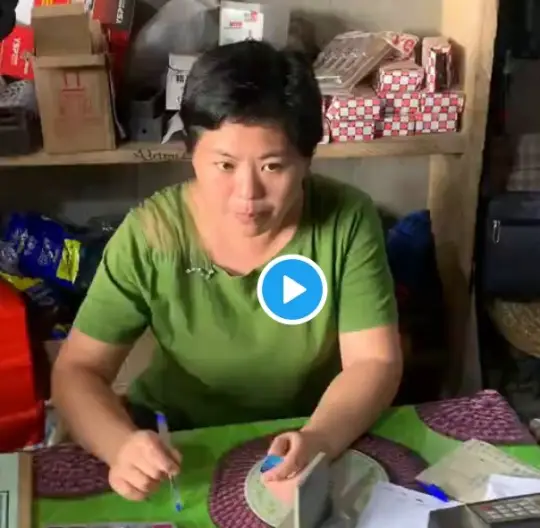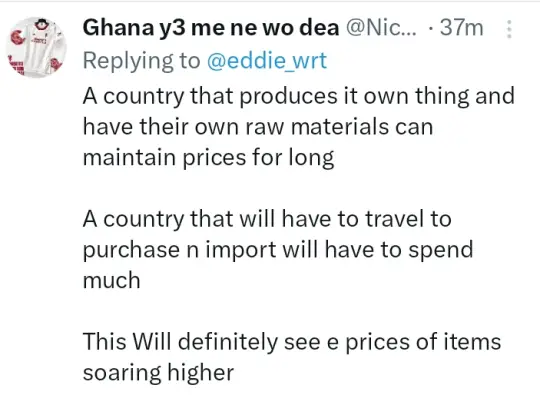
A Chinese entrepreneur with several years of experience in Ghana has voiced concerns over the sharp and persistent rise in the cost of goods and services in the country. Drawing a stark contrast with her home country, where many items maintain stable prices for long periods, she highlighted the challenges businesses face in Ghana due to the volatile pricing environment.
In a recent interview with local media, the businesswoman—who chose to remain anonymous—shared her frustrations with the rising costs across various sectors. She noted that, unlike China, where prices for basic goods can remain steady for decades, Ghana's market is experiencing frequent price hikes. "In China, the prices of basic goods can stay the same for up to ten years. But here in Ghana, prices seem to rise almost every month, affecting everything from raw materials to everyday consumer products," she explained.
She further emphasized how this price volatility is particularly burdensome for small and medium-sized enterprises (SMEs) in Ghana, which are already struggling with high interest rates, inflation, and a depreciating currency. The unpredictability in costs, she said, makes it difficult for businesses to plan and budget effectively, exacerbating their financial pressures.
Her comments have added fuel to ongoing discussions about the impact of inflation in Ghana, which has seen a steady increase in the prices of essential commodities such as food, fuel, and transportation. Experts attribute some of these price increases to global supply chain disruptions, the devaluation of the Ghanaian cedi, and the lingering effects of the COVID-19 pandemic.
While the businesswoman acknowledged that external factors, including global economic trends and Ghana’s dependence on imports, play a role in driving inflation, she stressed the importance of stronger economic management to help stabilize prices and support local businesses. "The government must find ways to support businesses in managing these price fluctuations. It's not just foreign companies like mine that are struggling, but also Ghanaian-owned businesses," she remarked.
Many people who saw this were amazed as they reacted vigorously to what she said, while others gave their thoughts and opinions.



Analysts have pointed out that although inflation is a global issue, the rate and frequency of price hikes in Ghana seem particularly pronounced. The situation has led to widespread dissatisfaction, particularly in urban areas, where the cost of living is already high. Economists suggest that factors such as the country's reliance on imports, rising fuel costs, and supply chain disruptions are contributing to the rapid increase in prices. Additionally, the cedi’s depreciation has further compounded the problem, leading to higher import costs and squeezing local businesses’ profit margins.
For the Chinese businesswoman, her experience in Ghana highlights the need for more comprehensive strategies to manage inflation and ensure price stability. She compared Ghana's situation with China's, where long-term price stability has been a key factor in fostering economic growth and enabling businesses to plan effectively.
In response to the ongoing challenges, local economists have called for both government intervention and private sector collaboration to address inflation. Suggested measures include boosting local production capabilities, strengthening the national currency, and providing more support to SMEs to help them weather the impacts of price volatility.
Watch video here:






No comments yet
Be the first to share your thoughts!